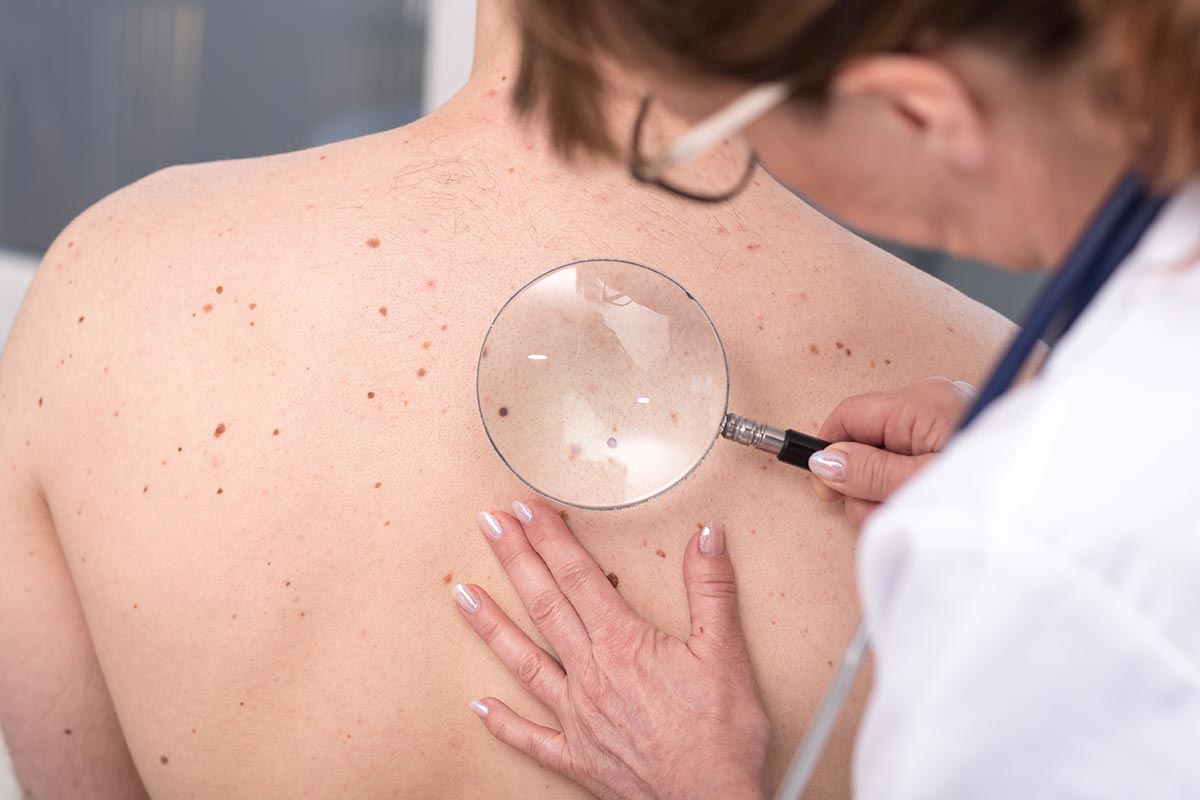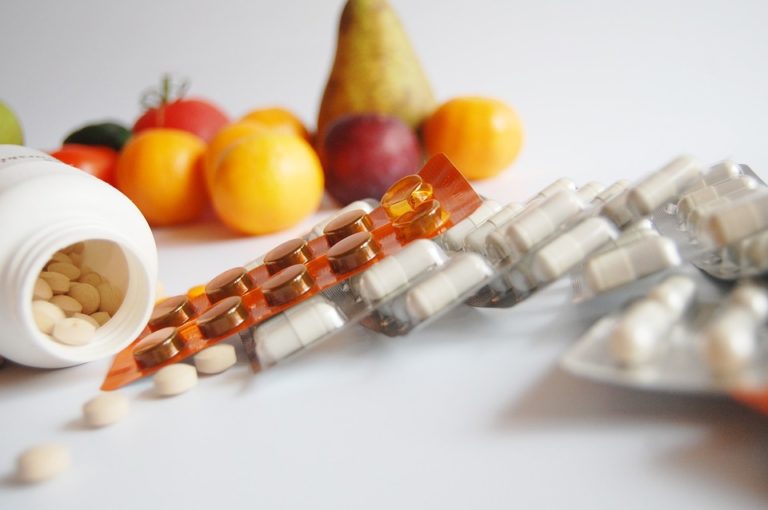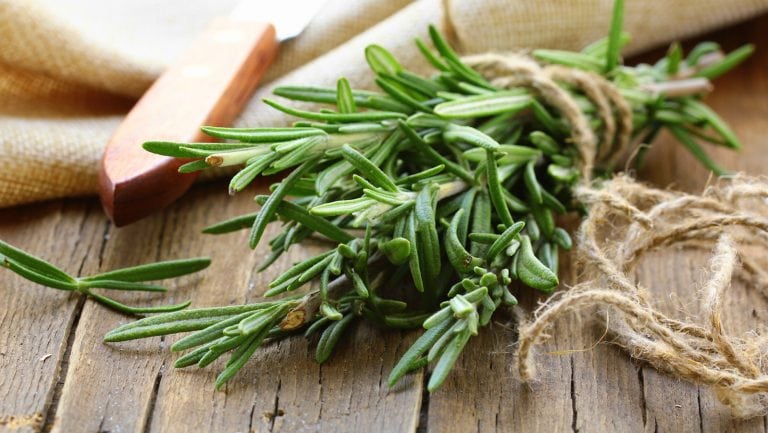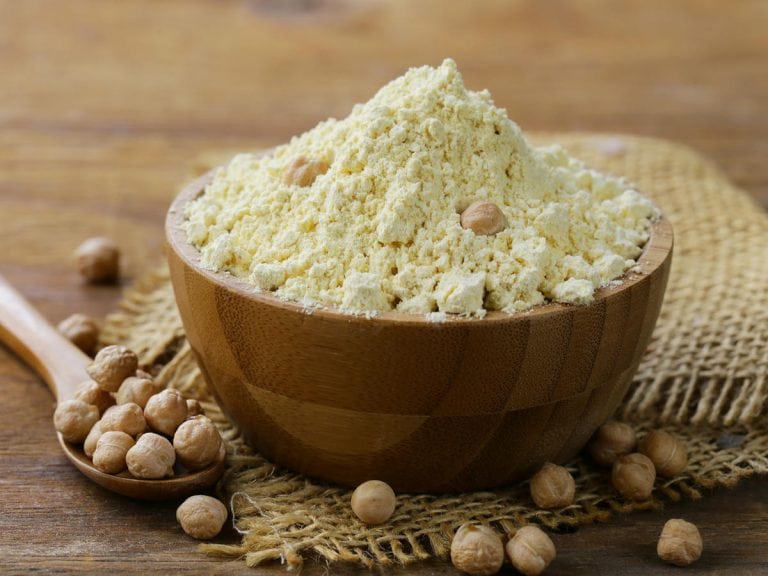
Each one of your skin cells has the potential to become cancerous at some point in our lives. Therefore, it’s probably not surprising that skin cancer is the most common form of cancer in America. It affects one in five Americans, and more than 3 million cases of nonmelanoma skin cancer will be diagnosed this year, according to the American Academy of Dermatology.
Nonmelanoma skin cancers can be split into two subcategories–basal cell carcinoma and squamous cell carcinoma–depending on where in the skin they occur. These both are relatively low-risk cancers, especially when treated appropriately.
“Basal cell skin cancers are the most common types of cancer, period,” accounting for roughly 80 percent of all skin cancers, says Dr. Mark Faries, co-director of the melanoma program and head of surgical oncology at The Angeles Clinic and Research Institute, an affiliate of Cedars-Sinai Medical Center in Los Angeles.
Squamous cell carcinomas, accounting for close to 20 percent of cancerous skin lesions diagnosed in the U.S., tend to be more aggressive than basal cell carcinomas but also usually respond well to excision.
Melanoma skin cancers are rarer, but “melanoma can be a more aggressive form of skin cancer,” says Dr. Marc Glashofer, a board-certified dermatologist, skin cancer expert and a fellowship-trained Mohs surgeon practicing in northern New Jersey.
“The majority of melanomas are in the early phase and are easily treated with an excision. However, if a melanoma is caught in a later stage or is aggressively growing, then you’re dealing with potentially higher rates of recurrence and spreading elsewhere.” It’s essential to be aware of your skin so you can protect it.
Check out the ways to prevent skin cancer!

























